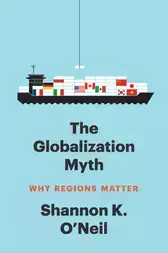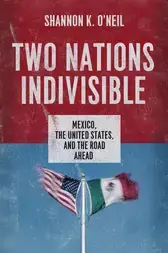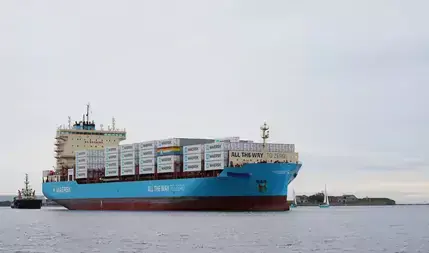- China
- RealEcon
- Topics
-
Regions
Featured
-
Explainers
Featured
Interactive by Olivia Angelino, Thomas J. Bollyky, Elle Ruggiero and Isabella Turilli February 1, 2023 Global Health Program
- Research & Analysis
-
Communities
Featured
Webinar with Carolyn Kissane and Irina A. Faskianos April 12, 2023
-
Events
Featured
Virtual Event with Emma M. Ashford, Michael R. Carpenter, Camille Grand, Thomas Wright, Liana Fix and Charles A. Kupchan June 25, 2024 Europe Program
- Related Sites
- More
Shannon K. O'Neil
Vice President, Deputy Director of Studies, and Nelson and David Rockefeller Senior Fellow for Latin America Studies

Greenberg Center for Geoeconomic Studies and Latin America Studies Program
The Globalization Myth
October 18, 2022
 Online Store
Online Store



